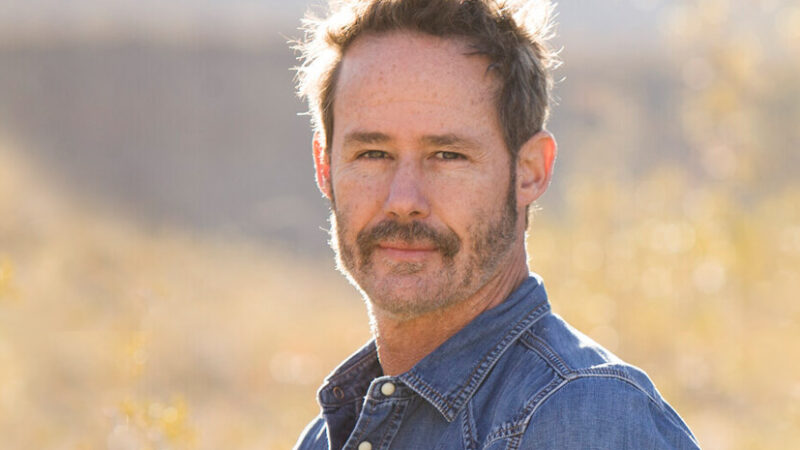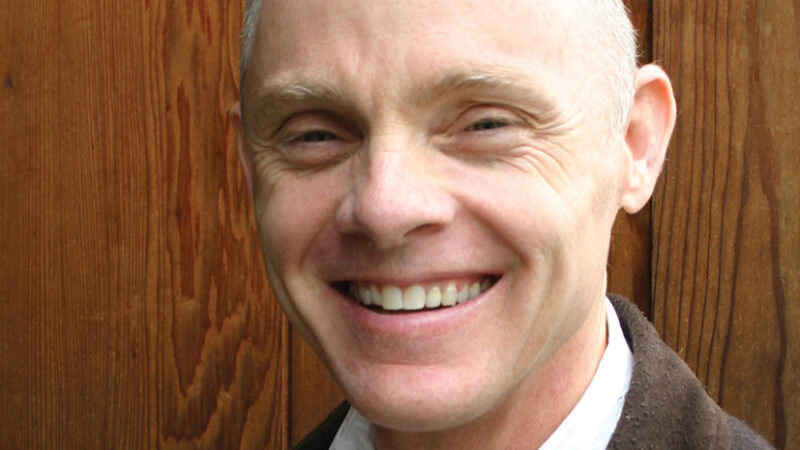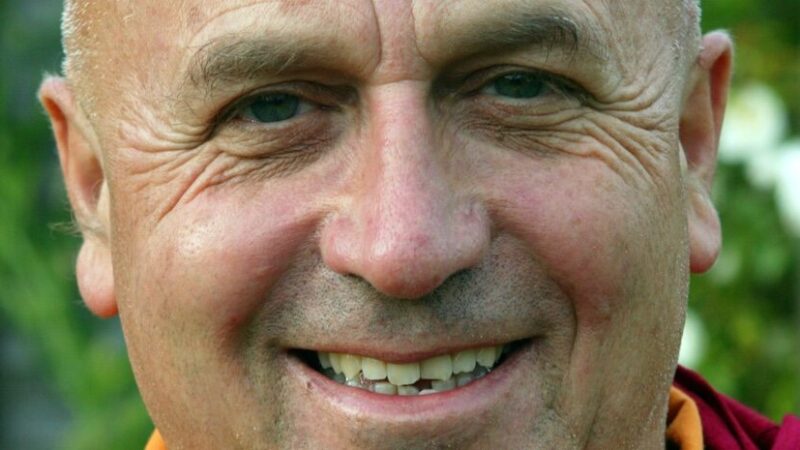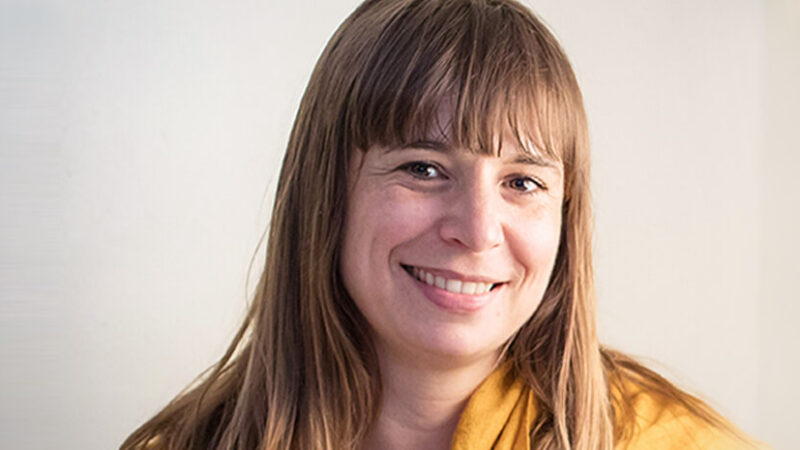There is a famous Zen koan that asks, “What is your original face, the face you had before you were born?”
Whenever I have heard this koan, my first response is, “I have no idea how to answer that.” And of course, that is the purpose of a Zen koan, to confound the thinking mind and in so doing, wake us up to a deeper form of knowing.
One thing I have noticed is that the more I am able to sit in that not knowing state, to rest in a sense of “just being”, the more I can relax and feel what, if anything, is needed next. It is not a conceptual process; it is more like a listening. And from that listening, originality emerges (“original” meaning “from the origin” or “from the source”).
Waking up is not about copying anyone or anything. It can’t be. Because as soon as we are mimicking something, we are recycling someone else’s experience. We are one step removed from the source; we are no longer rooted in our own moment-to-moment revelatory experience.
My basic point here is that the more we discover our own Original Face, the face we had before we were born, the more confident we become in expressing ourselves in unique ways. In a sense, great spiritual teachers feel to me like great “artists of the spirit.” And like an inspired musician, poet, or painter, a spiritual artist knows that he or she must spend time in the space of not knowing and then trust the melodies, visions, words, and guidance that come through.
Sometimes people say to me that they are afraid of spiritual awakening because they are afraid of being erased, afraid that they will turn into a paste of nothingness. What I have found is that the more we drop the sense of being separate and disconnected, the more we tune to the underlying, unifying “hum” of being, the more we become plugged in to a current that begins to animate our life. And sometimes, the life force expresses through us in pretty outrageous ways. We take chances. We speak from our heart. We become a mystery to ourselves and a creative force in the world.
To take this even further, what if the more we discover our Original Face, the more our one-and-only physical face starts to express the love and beauty of the cosmos in unusual and distinctive ways? Abraham Lincoln is attributed with saying “Every man over 40 is responsible for his face.” I take this to mean that each one of us has a responsibility for the love and kindness and warmth and openness that our face communicates. What if the quality in our eyes, the shape of our mouth, the openness of our forehead, and even the character of our nose, is a direct expression of our capacity to know and rest in being?
At Sounds True, we often refer to the Wake Up Festival as a celebration of the “many faces of awakening.” And I love that phrase. I look forward to seeing each and every person’s one and only original face this August in the Rocky Mountains.







